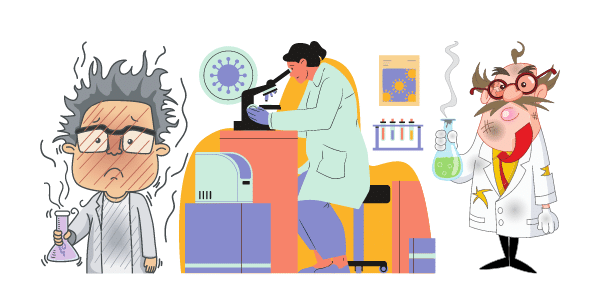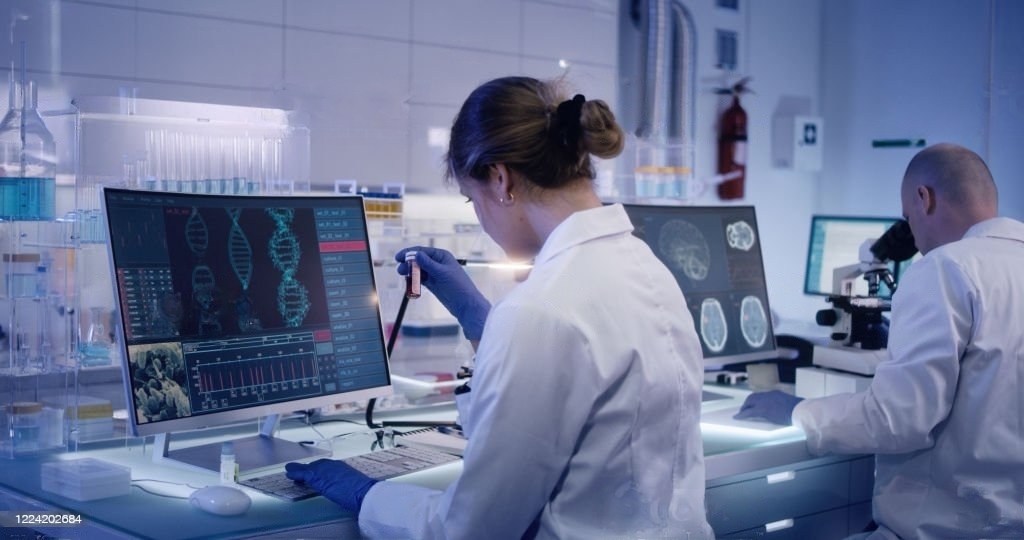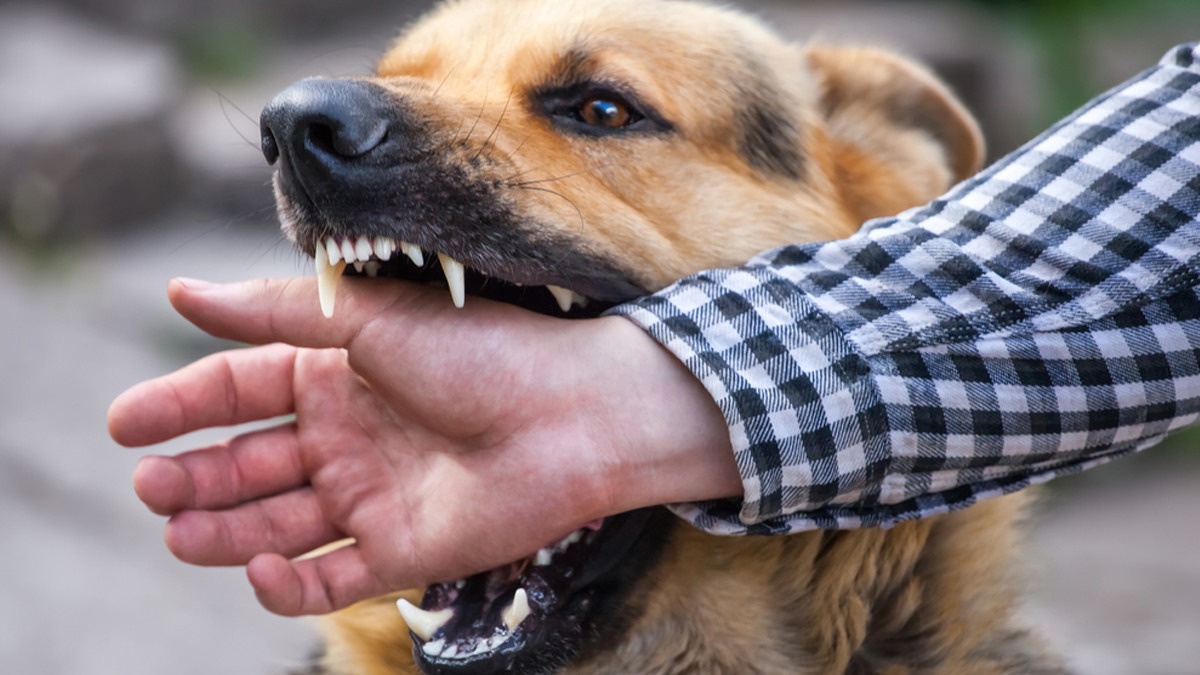In recent years, zoonotic diseases have emerged that cause fatalities in humans. These diseases naturally transmit from animals to humans and vice versa. To anticipate the spread of zoonotic outbreaks, a comprehensive understanding of these diseases or infections is necessary. One effort to prevent the transmission of zoonotic diseases is by increasing public knowledge, […]
DNA: Genetic Traces of Life
DNA: Genetic Traces of Life
Understanding DNA DNA is the chemical basis of heredity. The experiment that proved that DNA contains genetic information was first carried out by Frederick Griffith as follows: There are 2 strains of Streptococcus pneumoniae: a) Virulent cells: cells that are surrounded by a capsule and when grown in a petri dish will form colonies […]
The Importance of Safety and Ethical Standards in the Laboratory
The Importance of Safety and Ethical Standards in the Laboratory
One workplace that has a high potential for danger is the laboratory. Laboratories are very important facilities in schools, universities, health facilities, research facilities, and production facilities related to biological materials. Working in a laboratory, one must not act carelessly in treating and using existing equipment and materials in order to reduce the possibility […]
The Role of Advanced Diagnostic Technology in Enhancing the Effectiveness of the One Health Laboratory Network
The Role of Advanced Diagnostic Technology in Enhancing the Effectiveness of the One Health Laboratory Network
In the era of globalization and the interconnection between humans, animals and the environment, the management of diseases that can spread between species (zoonoses) is becoming increasingly complex. The One Health concept that integrates human, animal and environmental health is key in addressing public health challenges.The One Health laboratory network plays a central role […]
The Importance of Animal and Human Health Protection Synergy in Handling Rabies Cases
The Importance of Animal and Human Health Protection Synergy in Handling Rabies Cases
Definition of Rabies Rabies is a zoonotic disease, a disease that is transmitted from animals to humans. This infection is transmitted by animals infected with rabies. The main animals that cause the spread of rabies are dogs, bats, cats and monkeys. In Indonesia, rabies or what is known as “mad dog disease” is still […]









